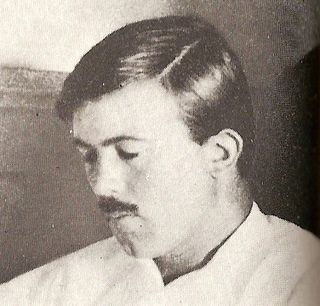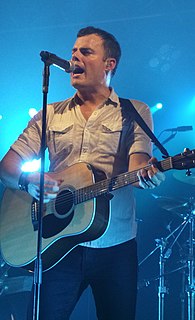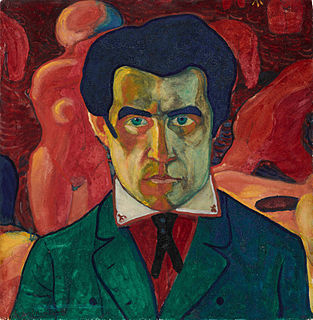A Quote by Robert Wyatt
I'm not, by nature, a collaborator. My biggest influences were people like painters and poets. These are solitary workers.
Quote Topics
Related Quotes
My biggest poetic influences are probably 20th-century British and Irish poets. So I suppose I'm always listening for the music I associate with that poetry, the telling images, the brevity. I want to hear it in my own work as well as in the poetry I read. However, I think I'm generally more forgiving of other poets than myself.
I started moving away from poets like Wallace Stevens and Hart Crane and started reading poets like, again, Karl Shapiro, Howard Nemerov, Philip Larkin, and the British poets who were imported through that important anthology put together by Alvarez - and those would include Thom Gunn and Ted Hughes. And I think these poets gave me assurance that there were other ways to write besides the rather involuted style of high modernism whose high priests were Pound, Eliot and Stevens, and Crane perhaps.



































